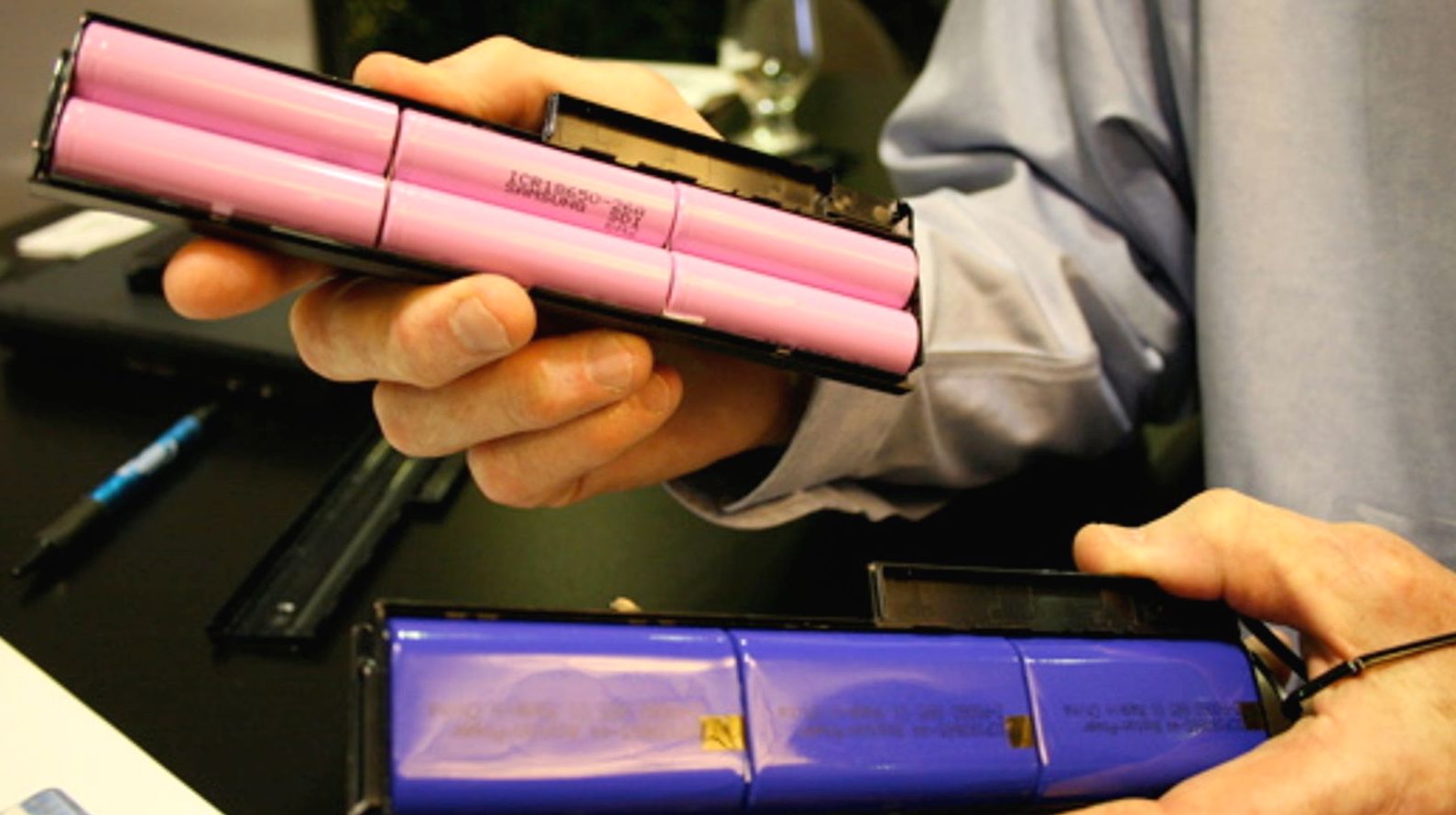Owning a brand-new laptop can be a beautiful, life-changing experience.
After a while, however, your computer becomes slower and may lose some functionality.
Does this mean that laptops deteriorate over long periods of use?
Here’s What You Need To Know About Laptops Degrading
Over time and use, some but not all of your laptop hardware components will degrade. Degradation may cause your laptop to either slow down or cease functioning.
Too much gaming can also deteriorate your laptop components, but not quite as quickly. Heat plays a key role in this.
Table of Contents

Does Laptop Hardware Degrade Over Time?
Some hardware parts will degrade while others won’t. Here are some parts that will degrade:
Laptop Battery
Your laptop battery has a limited number of charges, usually known as cycles.
As technology improves, laptop batteries can take up to 1000 charges, which is roughly 2 to 4 years of consistent use.
No matter how well you use your laptop, your battery eventually degrades and runs out of charge cycles. Also, degradation affects all laptop brands, and no one gets a better deal.
Fan
Your fan is one of several moving parts on your laptop. As it spins, it keeps your laptop cool enough to operate optimally.
However, with time your fan collects dust particles that may cause it to break or malfunction. You may need to repair or replace it to keep your laptop from overheating.
DVD Drive
With time and use, your DVD drive may cease to work. This issue may prevent you from watching videos, listening to movies or loading media into your laptop.
You may need to replace it to restore its functionality.
Keyboard
Due to dust and other environmental factors, your keyboard may fail, leading to problems in execution of tasks.
Some keys may cease to function, and in other cases, the whole keyboard. You may need to repair or replace your keyboard in case this happens.
Hard Drive
Your laptop hard drive contains spinning disks and a head that may malfunction after years of use. Overheating may also cause your hard drive to fail.
Ports
Your USB, HDMI or RJ-45 ports may also degrade, ceasing to function. Factors such as rust in the ports or on the motherboard may be the problem.
Also, spilling drinks or foodstuff on your computer may cause ports to degrade due to broken circuits.
Parts like your CPU and GPU may not degrade, but they’re still susceptible to dust and mechanical damage from falls and mishandling.
Will My Laptop Performance Degrade Over Time?
Your laptop will perform less efficiently over time. Sometimes, slow performance results from a bloated laptop full of software programs that consume plenty of your system resources.
It may also be because of malware or an accumulation of dust on your laptop motherboard which causes the CPU to overheat and throttle speeds.
Does Too Much Gaming Degrade Your Laptop’s Performance?
Gaming shouldn’t degrade your laptop’s performance, especially if it was built for that purpose. However, there are some cases where degradation happens.
Poor builds and cheap hardware materials are the usual culprits in these cases.
While your performance will remain top-notch over time, your laptop’s lifespan will reduce slightly.
Although rare, the heat produced as you play resource-hungry games can cause marginal to extensive damage to your laptop.
This damage may cause your systems to slow down or shut down completely.
However, system-controlled fan rotation and thermal throttling can also slow down your computer, albeit temporarily.
This fail-safe feature in many gaming laptops prevents your hardware from overheating and sustaining damage.
Do Laptop Parts “Degrade” Or Get Worse Over Time?
Although some parts may degrade, not all laptop parts degrade. Often, cheap components and poor device construction will cause some laptop parts to degrade. Other times, parts degrade because of poor handling.
Other parts degrade anyway. Batteries, for example, degrade with use no matter the device.
Do Laptops Get Slower With Age?
Generally, they do.
As technology improves, your laptop will need software, and OS updates to keep running. These updates often bloat your computer, causing it to slow down.
That’s not the only reason. Other times, malware may cause your computer to slow down. However, this problem is much easier to deal with, as you can either scan your device with a antivirus software or reinstall a fresh version of your OS.
Also, as technology improves, browsers and software improve. Often, running these programs will consistently require more memory and CPU power. As more AAA games hit the market, your GPU will also need more power to run outstanding graphics.
Often, slow processor speeds result from evaporated thermal paste. Clean out your CPU and replace its thermal paste to instantly increase the speed and performance of your device.
Older CPUs and GPUs will require upgrades to keep running faster. In other cases, you may have to overclock them, albeit carefully to prevent them from getting damaged.
Why Do Laptop Batteries Degrade So Fast?
Lithium-ion laptop batteries degrade fast because they all have a limited number of charge cycles. The more you charge your device, the more you wear out the lithium-ion cells of your battery and reduce its lifespan.
Your laptop temperature also plays a key role in the degradation of your battery.
Leaving your battery exposed to high temperatures or absorbing heat from your device ruins it.
Letting your battery discharge below 40% and charge above 80% also causes it to degrade faster.
Do Laptop RAMs Degrade Over Time?
With intense use, your RAM will degrade over time. However, it may take longer than you anticipate, and it may be up to a decade.
You’ll barely notice a change in performance unless you’re using a server.
Once your RAM degrades, you’ll notice an increase in reboots, crashes, Blue Screens of Death (BSODs), distorted graphics and memory errors. From your Windows Control Panel, you can test your memory with a diagnostic tool from the menu.
You may have to swap out a degraded RAM with a compatible replacement.
How Long Does A Laptop Last Before Degrading?
Experts estimate that an average laptop has a lifespan of 3 to 5 years after manufacture. Some may last much longer with a few notable exceptions lasting much shorter. After this, expect your computer to break down or slow down.
Depending on the purpose of use, some laptops may last longer.
For example, professional and gaming laptops last longer because of robust construction and components with exceptional quality. Starter laptops and devices for students may last fewer years due to use and quality issues.
How Fast Do Laptops Depreciate?
Laptops depreciate fast. Since many manufacturers and owners anticipate that a laptop will last up to 5 years, the depreciation will be linear.
Prices fall from the first year of manufacture, down to almost zero in the 5th year.
A laptop with fewer features and lower quality will depreciate faster than a high-end professional or gaming laptop.
Final Thoughts
Laptops often degrade over time, and they may become obsolete even before you can purchase a new one.
Purchase a brand-new laptop or a laptop that has less than one year of use. Although it may not come with all the features you want, it can last you a reasonable 4 years.
Sources
https://www.howtogeek.com/130355/is-cpu-performance-affected-by-age/
https://www.pcmag.com/news/6-bad-habits-that-are-destroying-your-pc
